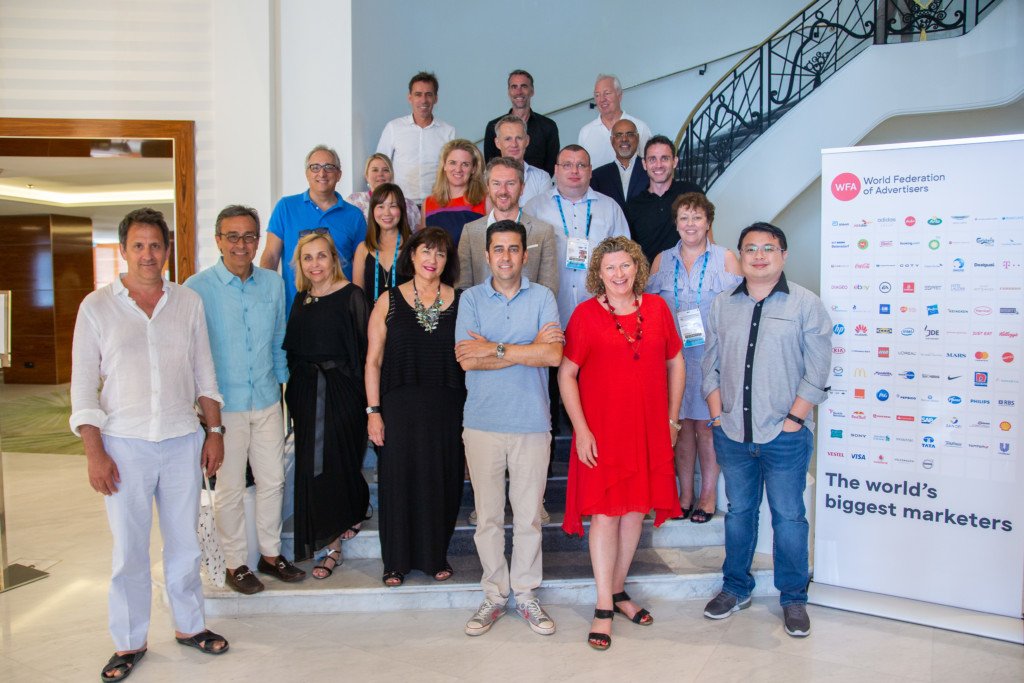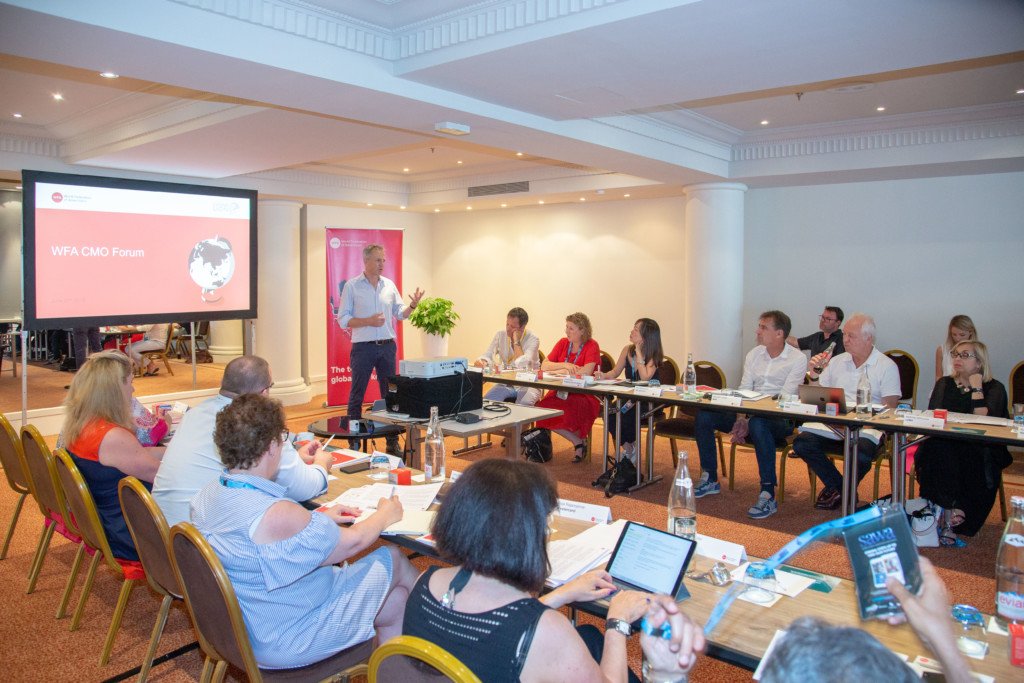Get analysis, insight & opinions from the world's top marketers.
Sign up to our newsletter.
No matter how much rosé-fuelled backslapping, any event which brings partners together to champion and elevate creativity and innovation in our industry must be a force for good.
‘Cannes-bashing’ has become an increasingly popular industry pastime. Challenging the over-indulgence and collective back-slapping can be understandable. Yet a lot of the criticism is levelled in absentia. Or by people who haven’t made the time and effort to review some of the superb work on display. In a world where our messages are increasingly drowned out or blocked, creativity remains our single biggest ally. So why shouldn’t we celebrate, reward and champion it? The ‘scaled-down’ Cannes makes a lot of sense but, if Cannes didn’t exist, I for one would be suggesting we do it.
Here’s a quick look at a few of the big themes which emerged from the high(est) level discussions during the week, either on stage at the Palais or amongst the 20+ global CMOs who took part in the WFA CMO Forum.
Whether it be on stage with Scott Galloway (L2) calling for Cannes to get Google and Facebook “off the beach” or within the WFA’s CMO Forum, it feels as though the conversation has changed. Never in our industry’s history has so much investment been focused with so few platforms. With great power comes great responsibility and brand owners are increasingly calling for just that. This is what’s being asked for in the WFA Global Media Charter.
There was a lot of talk during the week about Martin Sorrel’s keynote at the end of the week. Unsurprisingly his message was basically that existing models need to change as we enter a “new era, new age”. This message was echoed by our CMOs with many suggesting holding companies are no longer fit for purpose. A typical comment on this from one CMO explained that the holding company model didn’t offer the integration they sought: “we just ended up with a series of similar logos on different buildings with different P&Ls”.
There is no single view on who should make the first move to change our industry- clients or agencies. But most were clear on what needs to happen. From an agency perspective, one area in need of fundamental change is their financial structures. “Heavy investment in holding companies drags agencies away from what really matters,” said one CMO.
Client-side, there remains the need to review, and improve, internal capabilities. This includes “getting control of marketing procurement” (as one CMO said) and shifting to an emphasis on value creation rather than a ‘race to the bottom’ and an over-emphasis on short-termism. WFA members have already started to address this with our Project Spring initiative. And critically, clients need to lead by example; “how can we expect our agencies to live up to diversity commitments if we don’t do that ourselves?”
The response to many of the challenges being raised in the WFA’s Global Media Charter was to elevate internal capabilities for many areas (including data, analytics, programmatic and attribution modelling). That is not to say that agency support is no longer needed but it has become increasingly apparent that having direct contractual control, and the capabilities to lead in these areas, has become critical for most clients: “Without the data and insight generated here, clients will be disintermediated” said one CMO.
For all the trade press talk of in-housing, one area seems off limit for many of our CMOs: Creativity. Whilst many in-house studios exist, these tend to serve a specific purpose: to make cheap content faster. Without exception, the CMOs in our Forum recognise the importance of being challenged externally by the best creative minds. And that’s where we see the true value of Cannes. Where creativity suffers, so does effectiveness.
No matter how much rosé-fuelled backslapping, any event wuihich brings partners together to champion and elevate creativity and innovation in our industry must be a force for good.

For more information or questions, please contact Rob Dreblow at r.dreblow@wfanet.org